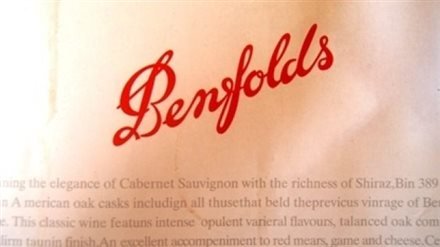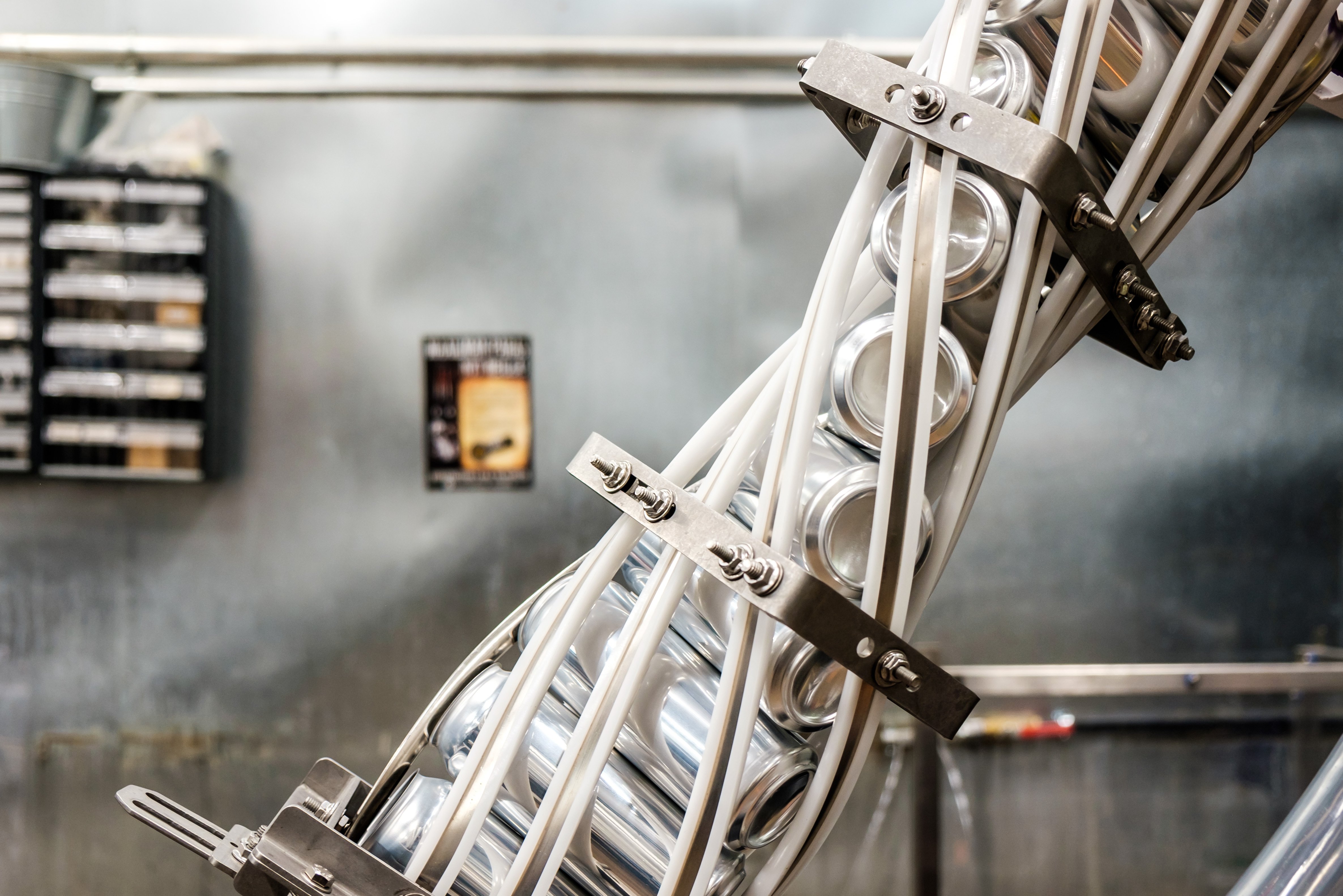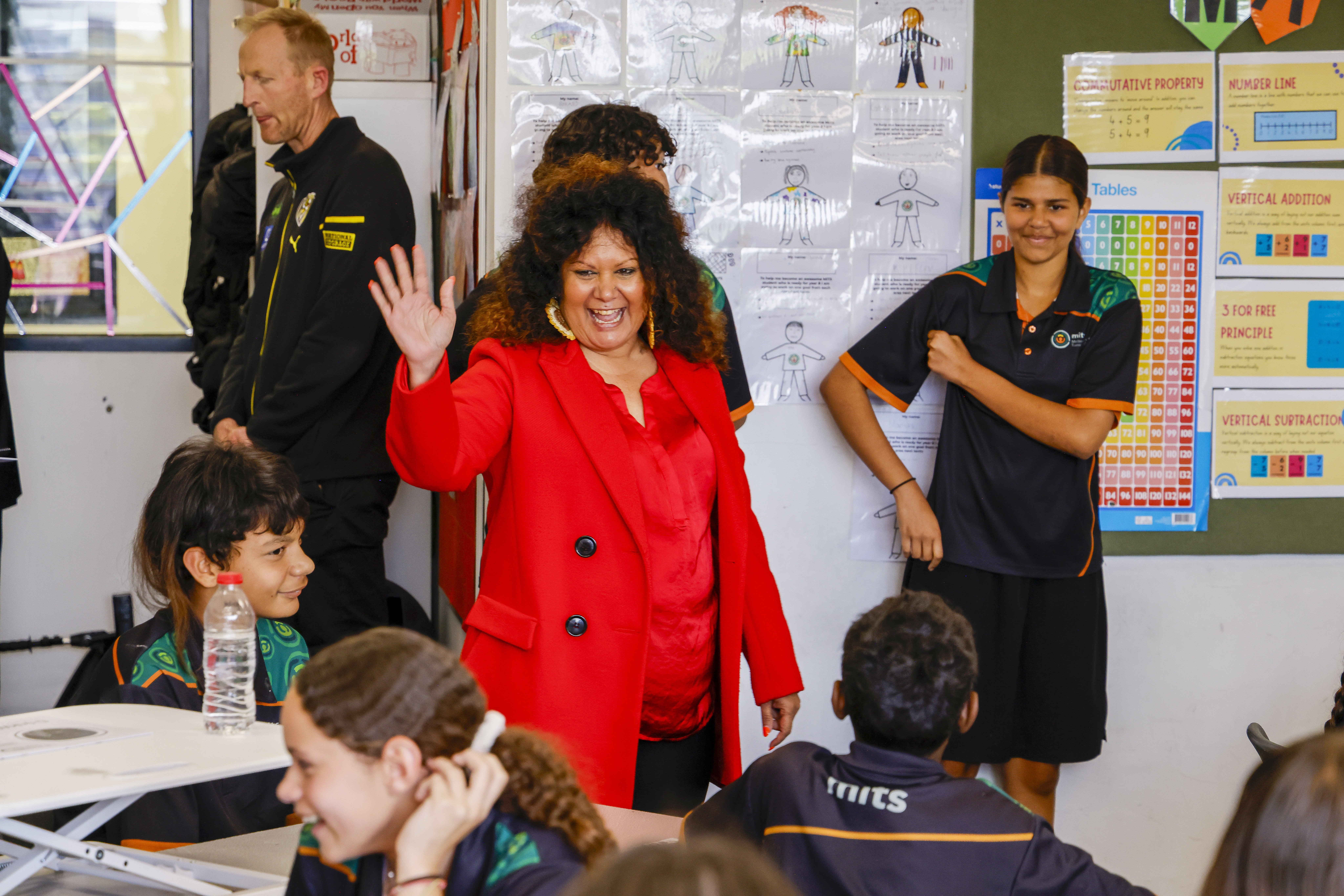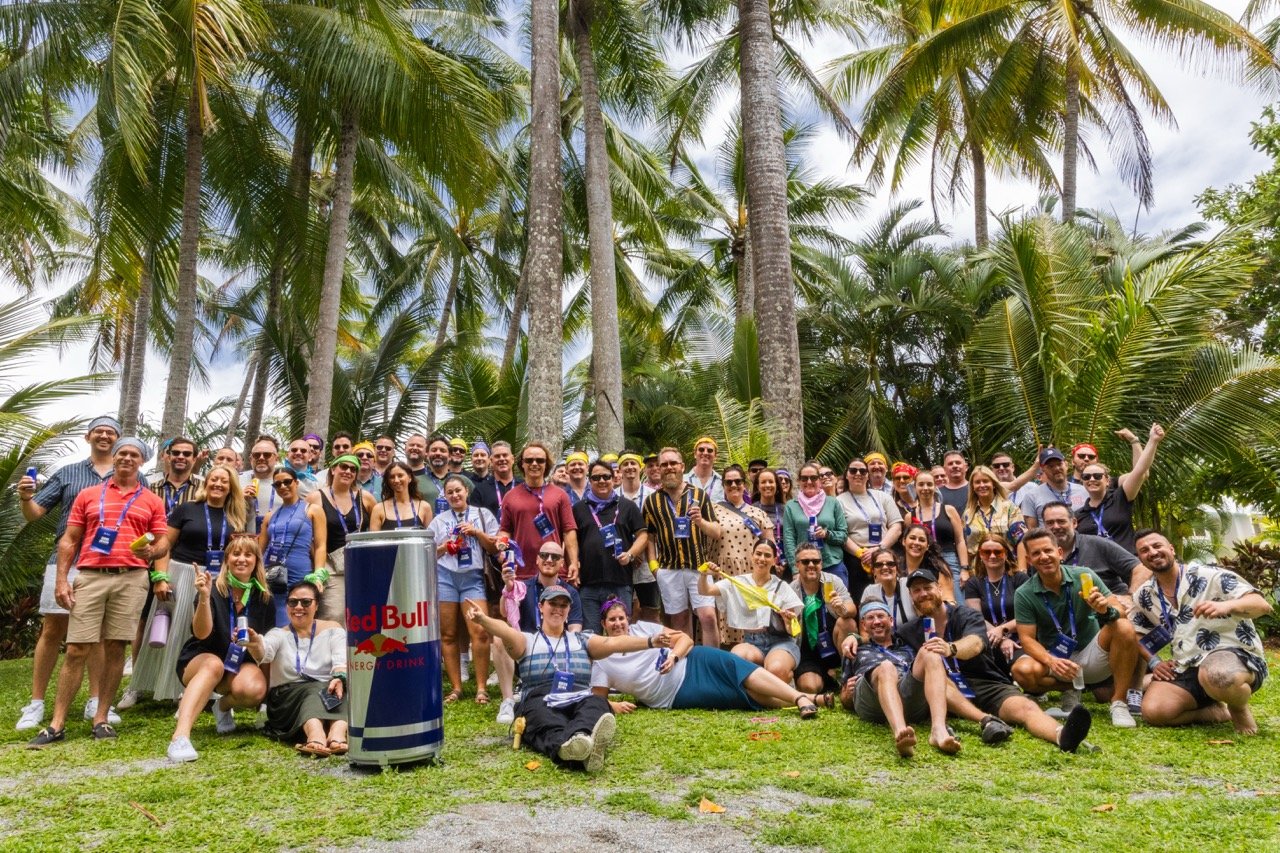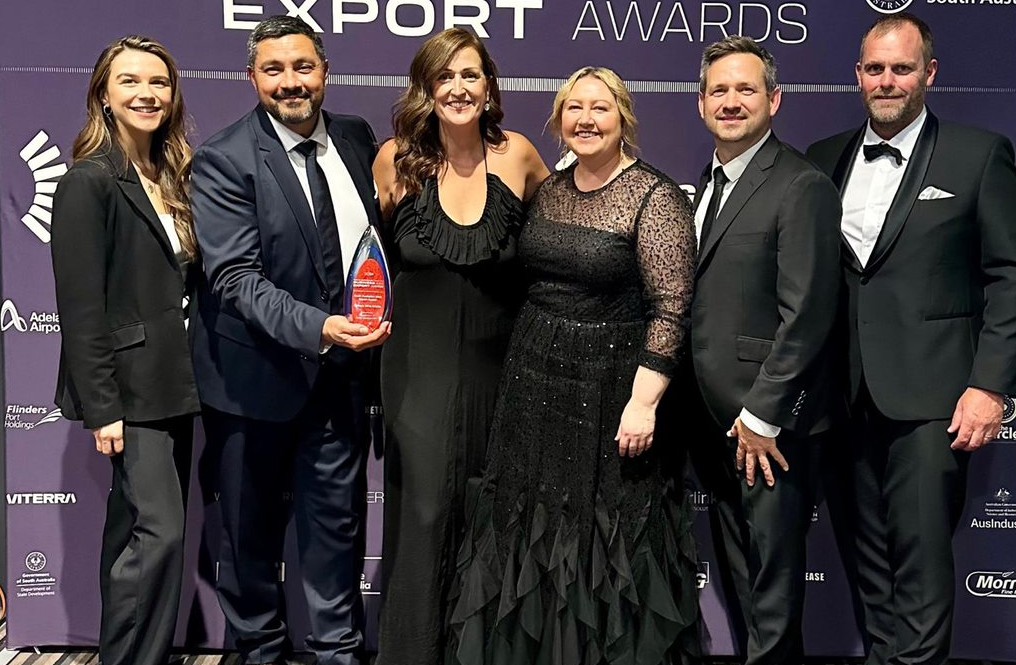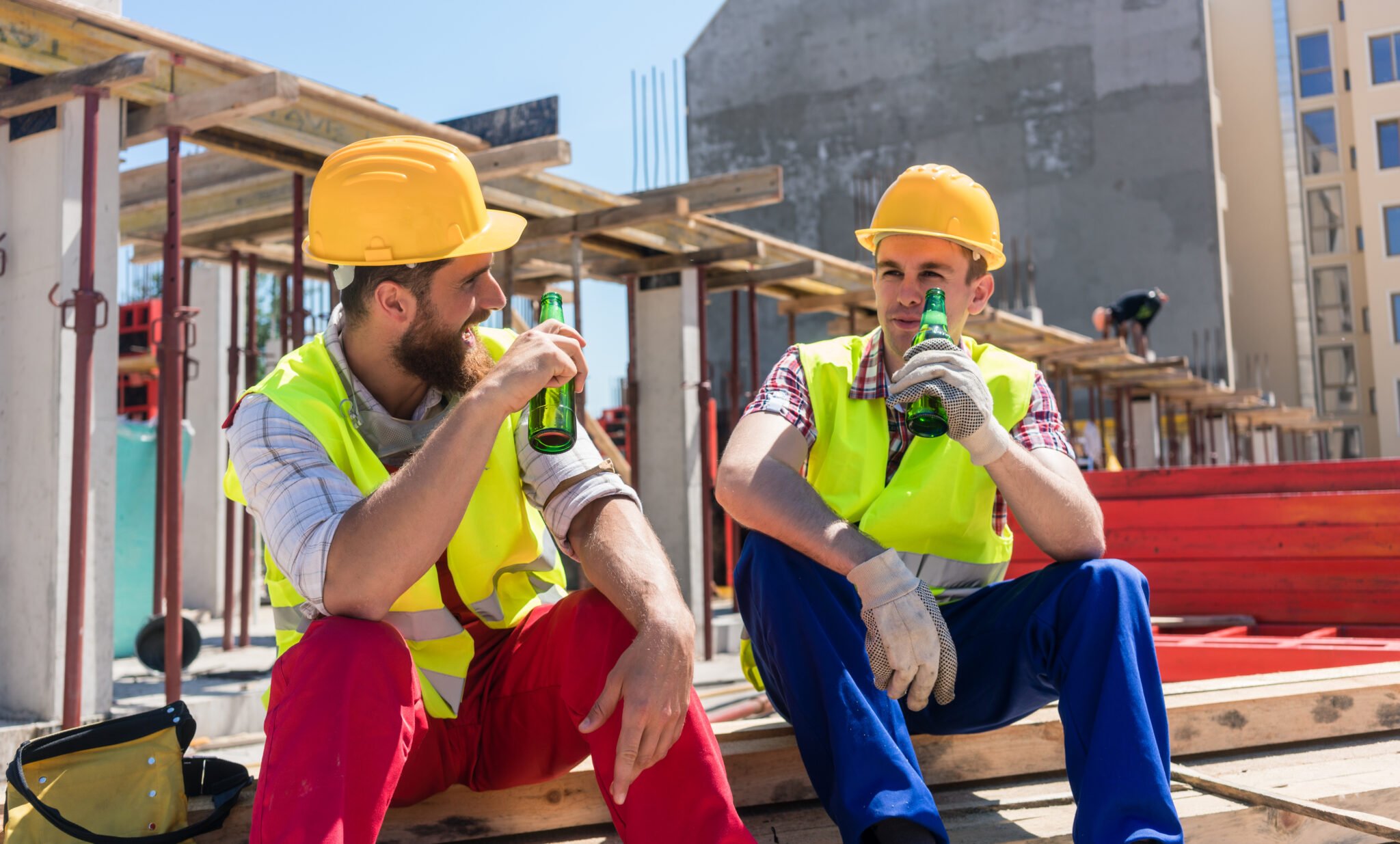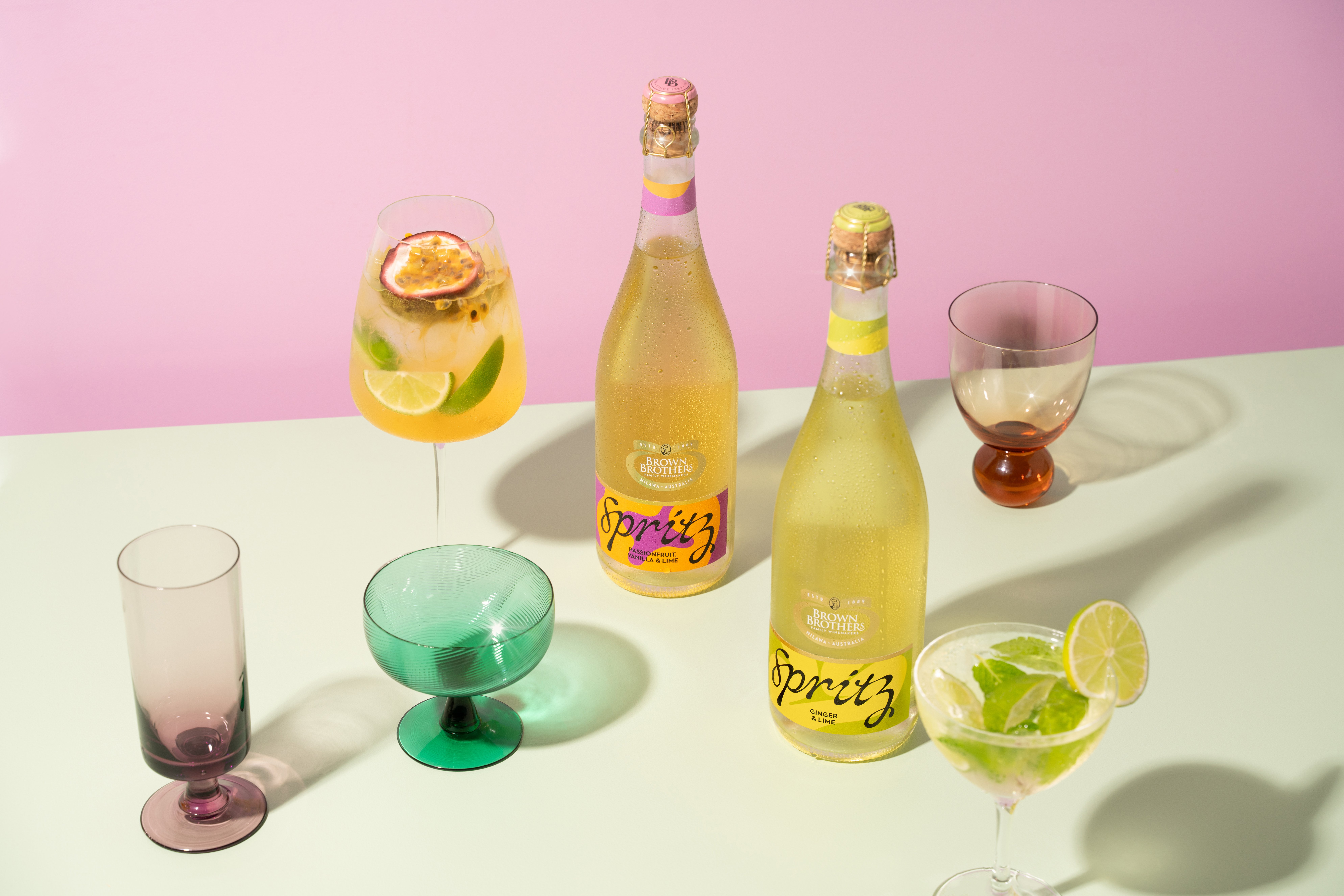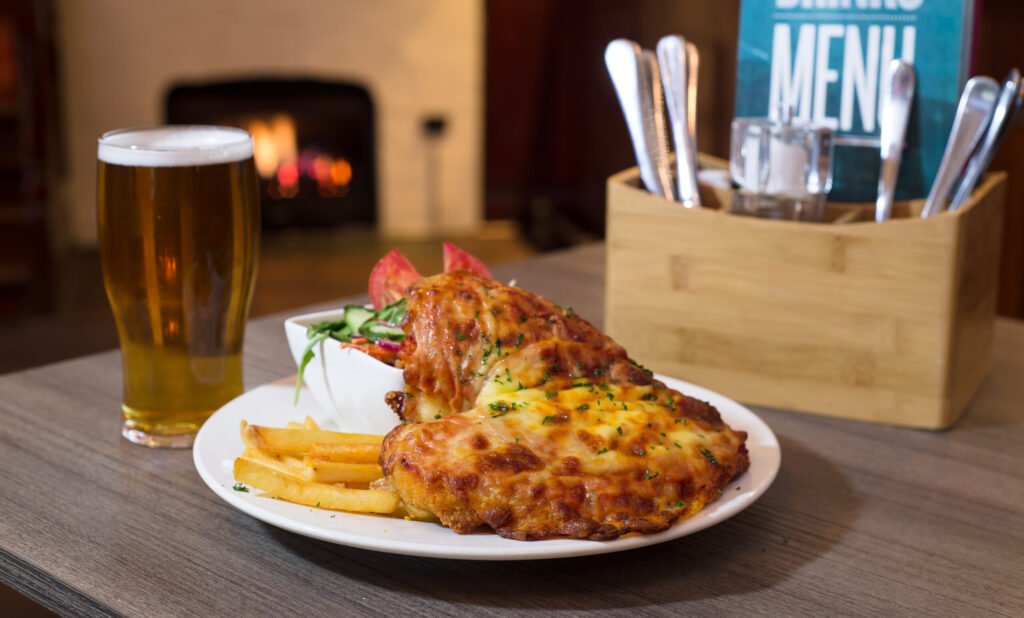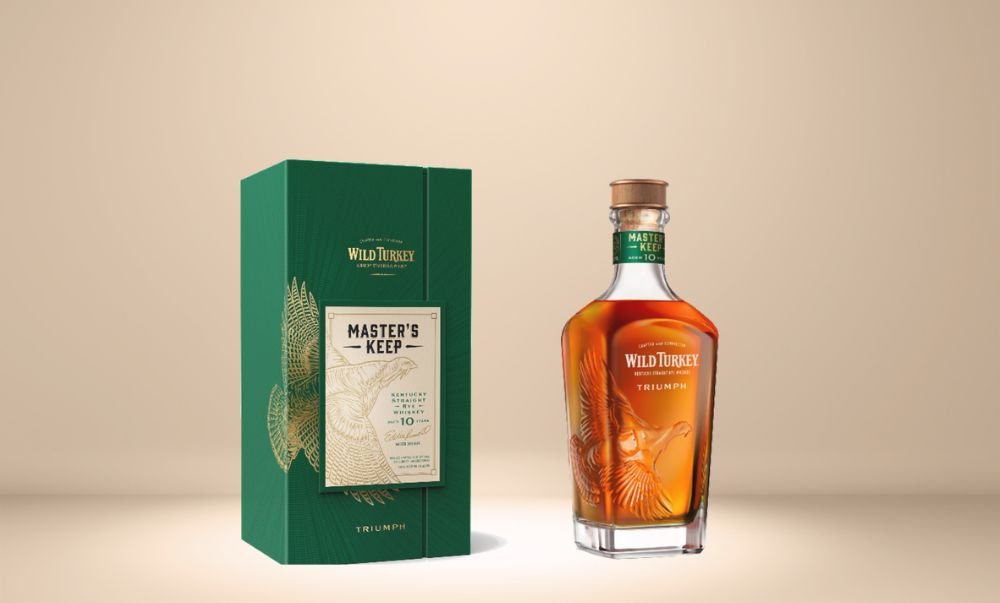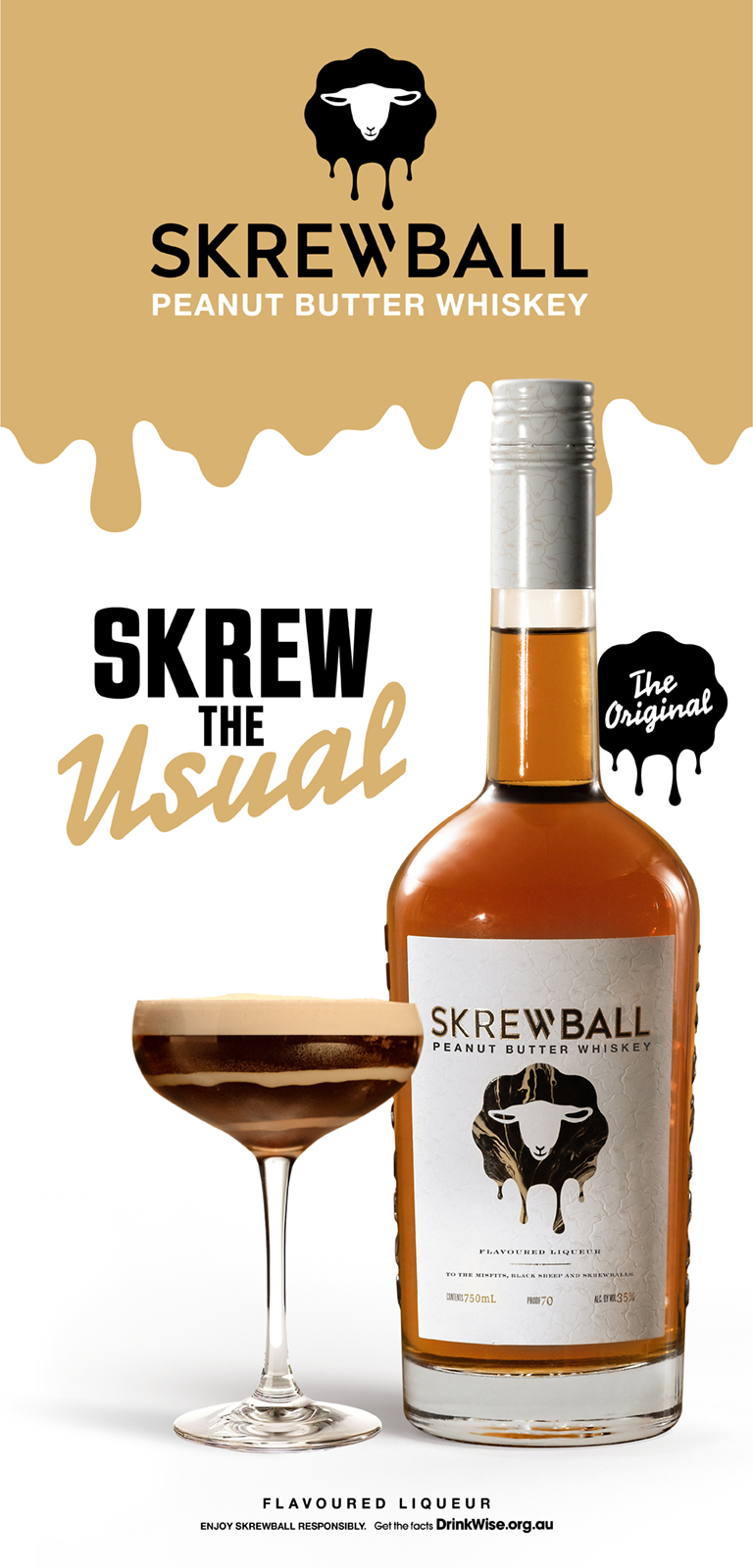There are growing concerns among Australian winemakers about the damaging effect counterfeit wine is having on their business in China.
Australian wine commentator Jeremy Oliver has told The Weekly Times he estimates up to 50% of wine that retails for more than $35 a bottle in China is fake - either through a false label, a refilled bottle or a copycat brand: “I have heard stories that the average bottle of Champagne in China is filled seven times.”
Oliver said Chinese counterfeiters come to Australia, inspect the wine shelves and copy the brands they think look good. When the genuine company tries to export to China, it discovers its name or logo have already been registered. Chinese law favours the company that first registers a trademark, so companies may never be able to access the Chinese market unless they rebrand.
Penfolds spent years fighting in the Chinese courts over its rights to the Ben Fu brand, its Chinese name. The company has been known as Ben Fu by wine buyers in China for more than 20 years.
However, a noted trademark squatter swooped in 2009, looking to reap the benefit of "Ben Fu", which roughly translates as "towards prosperity".
Fortunately, the Beijing High People's Court determined earlier this year that the intellectual property (IP) squatter, who had registered the "Ben Fu" trademark in 2009, failed to make genuine use of it.
Most wine companies, however, aren't so lucky or don't have the resources to fight the appropriation through the courts.
It's not just copycatting that's the issue
The fake alcohol isn't just a financial issue, it can cause serious health problems for anyone tricked into buying it.
“Drinking fake alcohol is dangerous – you just don’t know what you’re consuming,” Dr Bernhard Schwartländer, the WHO’s representative in China, told The Guardian last year. “Where counterfeit alcohol is made from poor quality ingredients or toxic industrial chemicals, consuming it could lead to serious acute illness or worse in the short term, and potentially a host of medium- and longer-term health problems.”
Oliver agrees: “If someone in China drinks a fake bottle of your brand and dies, that will end up all over the media and you’re cactus, even though it’s not your wine. I see a day anti-counterfeit technology will become a dominant form of marketing as well as a means by which consumers can be satisfied they’re getting the real McCoy.”
The Guardian also noted: "Tax rates on alcohol imports to China are high. Booze bottles brought into the country are supposed to carry import stamps that serve to protect legitimate importers’ goods from being replaced by counterfeiters, as well as to prove their legality, but many criminals are one step ahead ... counterfeiters were getting very good at removing unique identifiers that brands place on their bottles."
Australian company YPB Group has created invisible tracer technology that can be mixed with paint, plastic or ink and applied to caps, corks or labels, to enable retailers and consumers to check bottles for authenticity.
YPB Group executive chairman John Houston says global counterfeiters are growing more sophisticated at ripping off both consumers and manufacturers.
“Consumers are often not getting what they think they are buying and manufacturers’ brands are at risk,” Houston says. “Previously Australia was pretty insulated from it but it has become a sweeping trend because Australian products are so attractive to the rising middle class in China.”
Share the content
